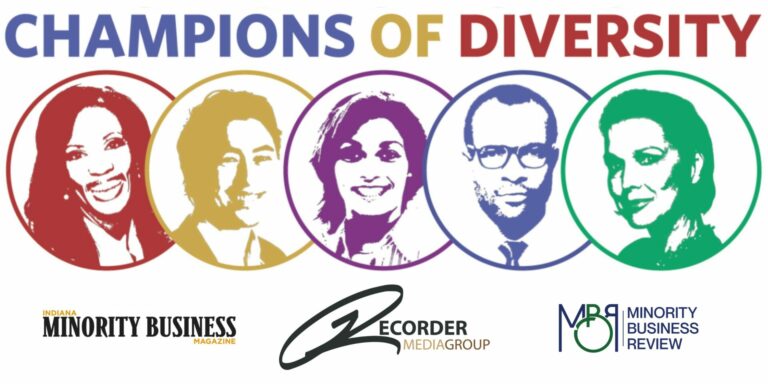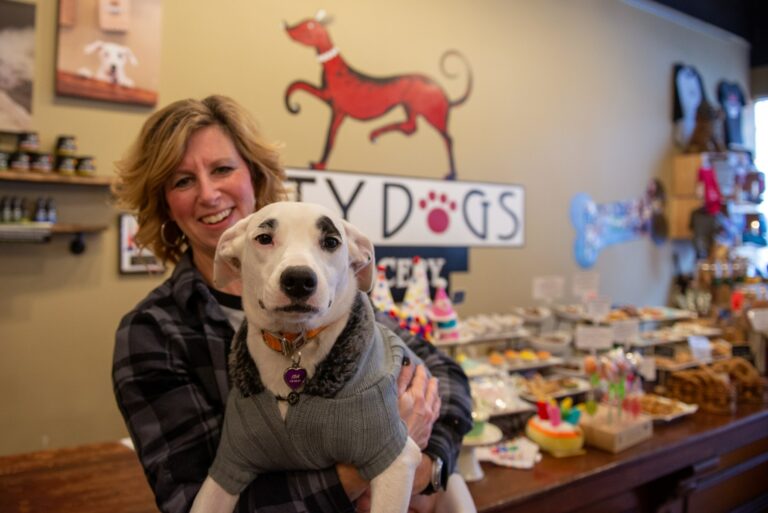AiriLasha, a cruelty free and all-natural brand, is empowering individuals with its line of plant-based skincare.
Focused on wellness and sustainability, AiriLasha blends beauty with self-care, offering high-quality solutions that inspire confidence and promote a healthy lifestyle. In their signature Purely Collection, customers can purchase soap bars, mists, elixirs, moisturizing milks and oils.
The Purely Collection is free of glycol propylene, petroleum, toxins, parabens, phthalates, sulfates, fragrance and colorants. Made with natural fruits, vegetables, herbs, roots, clays, butters and oils, the products are vegan and cruelty free. The collection is kid-friendly and can be used as an aid for those with acne, eczema, lupus, PCOS and hyperpigmentation.
One reviewer said, “I absolutely love this product (the Purely bar soap). I’ve been using it for about a week and I can already tell my dark marks are fading.”
Built on a mission of creating products to reduce and eliminate common concerns, AiriLasha focuses on customer service for their online store.
Founder Airicka Green always had a passion for the beauty industry. Following the birth of her son in 2018, she and her son suffered dry skin and hypopigmentation. From there, with trial and error, Green set out to create her own skin, body and hair products without any harmful chemicals.

Customers can expect to see results in one to eight weeks. Consistency is key, according to the FAQ section of the website, which advises customers to continue to follow the routine with the products and eat healthier to see results.
To learn more and to shop the store, visit airilashaco.com.
Contact Health & Environmental Reporter Hanna Rauworth at 317-762-7854 or follow her on Instagram at @hanna.rauworth. If you would like your business highlighted by the Indiana Minority Business Magazine, click here.















